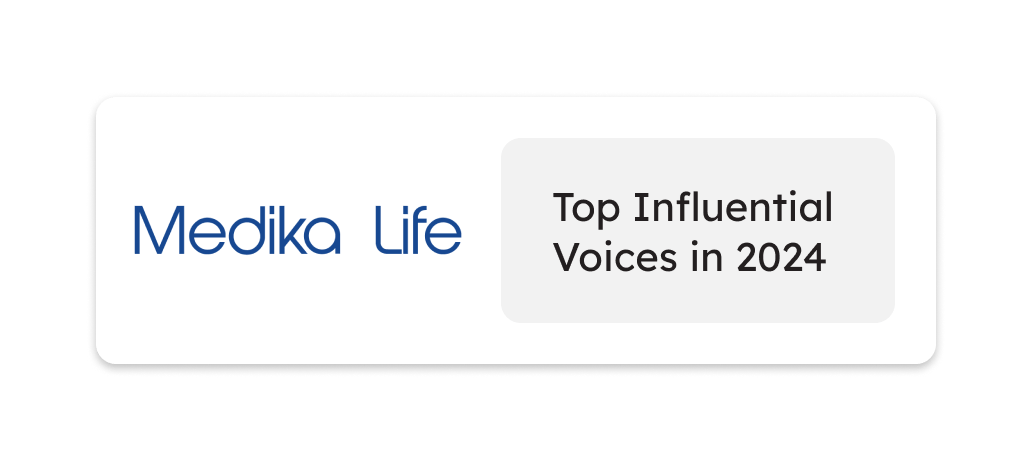Past research has demonstrated a link between traditional prostate cancer hormone therapy (HT) and the risk of depression among prostate cancer patients.
A retrospective clinical trial investigated whether second-generation antiandrogens (AAs) are also associated with increased risk of depression.
Three treatments were compared during the study: no HT, traditional HT, and second-generation AA.
Results indicate that patients receiving a second-generation AA had an increased risk of depression compared with traditional HT alone or no HT.
These findings emphasize the need for emotional distress monitoring and the implantation of focused interventions to alleviate symptoms among these patients.
For more info:
https://jamanetwork.com/journals/jamanetworkopen/fullarticle/2787430.
This content is provided for your general education and information only. It does not necessarily reflect Belong’s views and opinions. Belong does not endorse or support any specific product, service or treatment.











